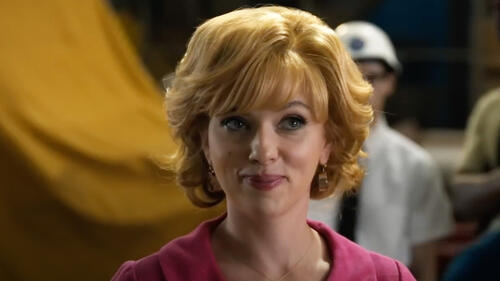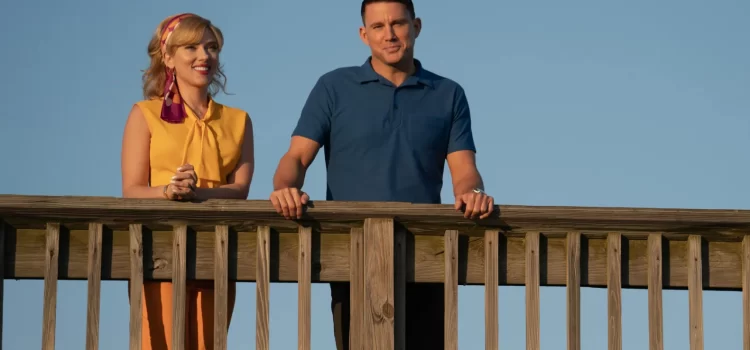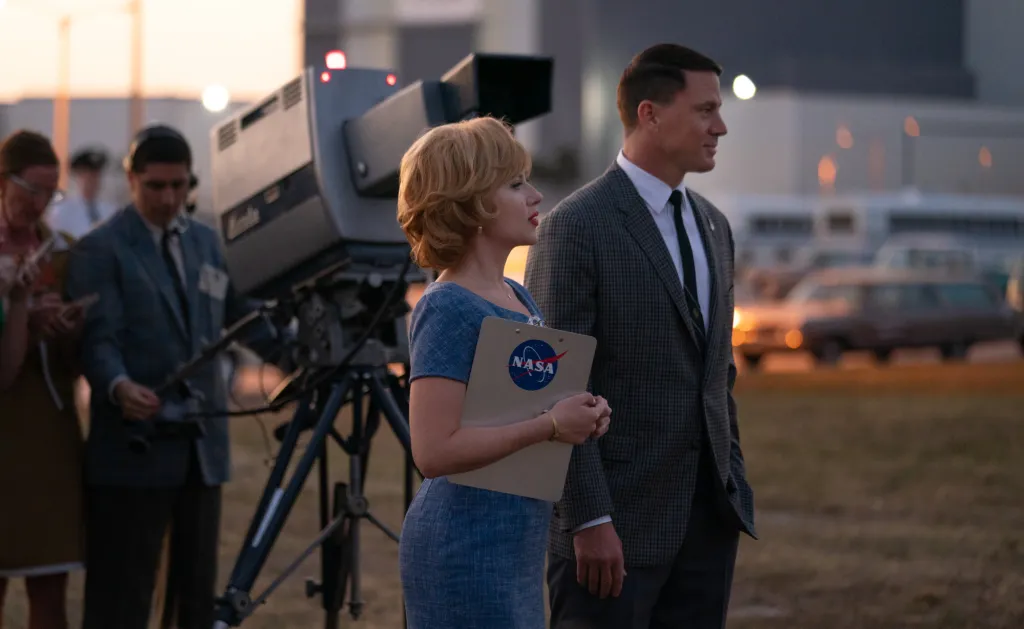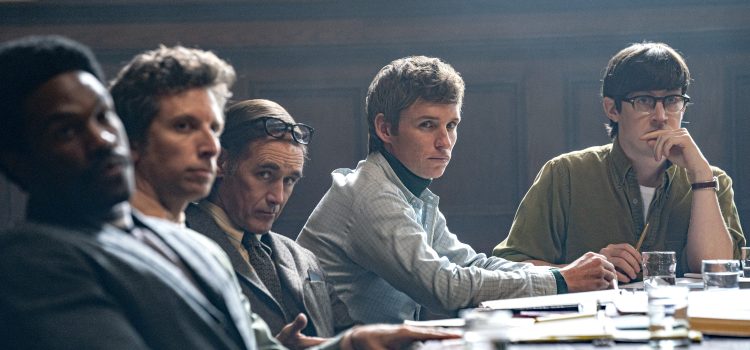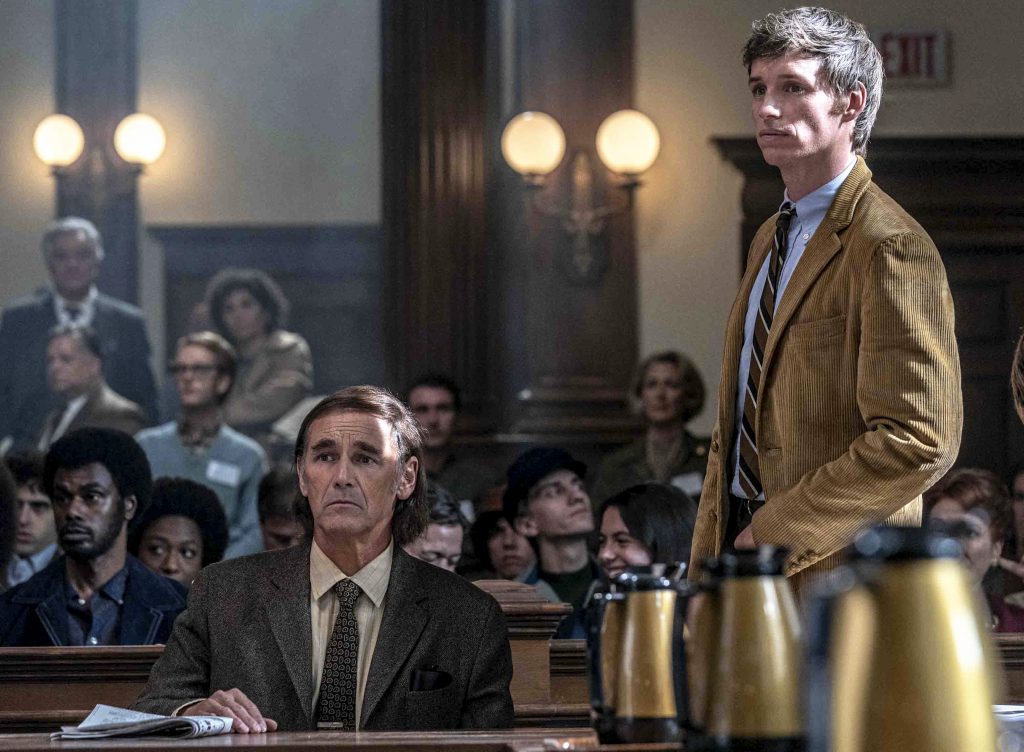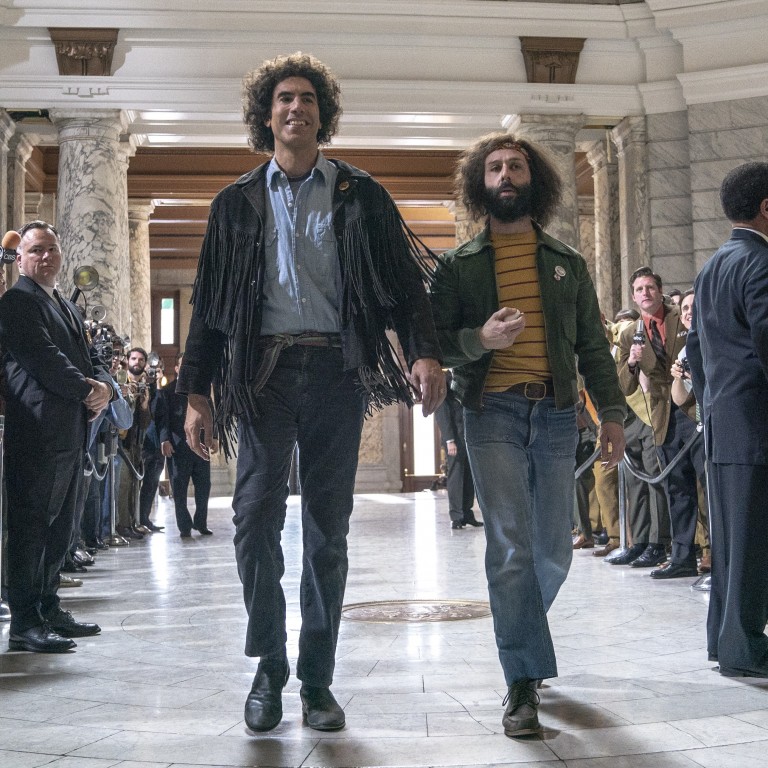By Alex McPherson
Tonally uneven and overlong, but floating above mediocrity thanks to the chemistry of its leads and crowd-pleasing sensibilities, director Greg Berlanti’s “Fly Me to the Moon” maintains a steady, low-key appeal.
Berlanti’s rom-com-meets-political-satire unfolds during the lead-up to NASA’s Apollo 11 lunar landing in 1969. Public support for NASA is waning, and it’s in desperate need of funding from a reluctant Congress. Kelly Jones (Scarlett Johansson), a PR professional from Manhattan who wields her powers of marketing spin like a super power, is hired by shady government operative Moe Berkus (Woody Harrelson), under orders from President Richard Nixon, to boost NASA’s public image and get the program back on its feet.
Kelly, who is both a genius and a scam artist, is up to the task, but carries personal demons from her past that Moe threatens to unearth should she not play along with Nixon’s schemes.
Kelly and her assistant Ruby (Anna Garcia) travel to the Kennedy Space Center from New York. Kelly bumps into Cole Davis (Channing Tatum) at a local diner, and the two quickly hit it off. Cole says she’s “on fire,” which Kelly thinks is just a bad pick-up line until she realizes that the book she’s reading is literally on fire — sparks fly in a different sense.
Both parties think this meet-cute won’t amount to much, but neither of them know that they’ll be working together; Cole, a Korean War veteran, is actually the NASA flight director, and he’s not too thrilled about Kelly’s tactics to boost NASA’s image.
Whereas Kelly seeks to harness the powers of manipulation to sway public perception of NASA, shamelessly and effectively pandering to her targets, Cole is an idealist, carrying the guilt of those who perished in the Apollo I tragedy and unwilling to jeopardize his values for the shrewdness of advertising.
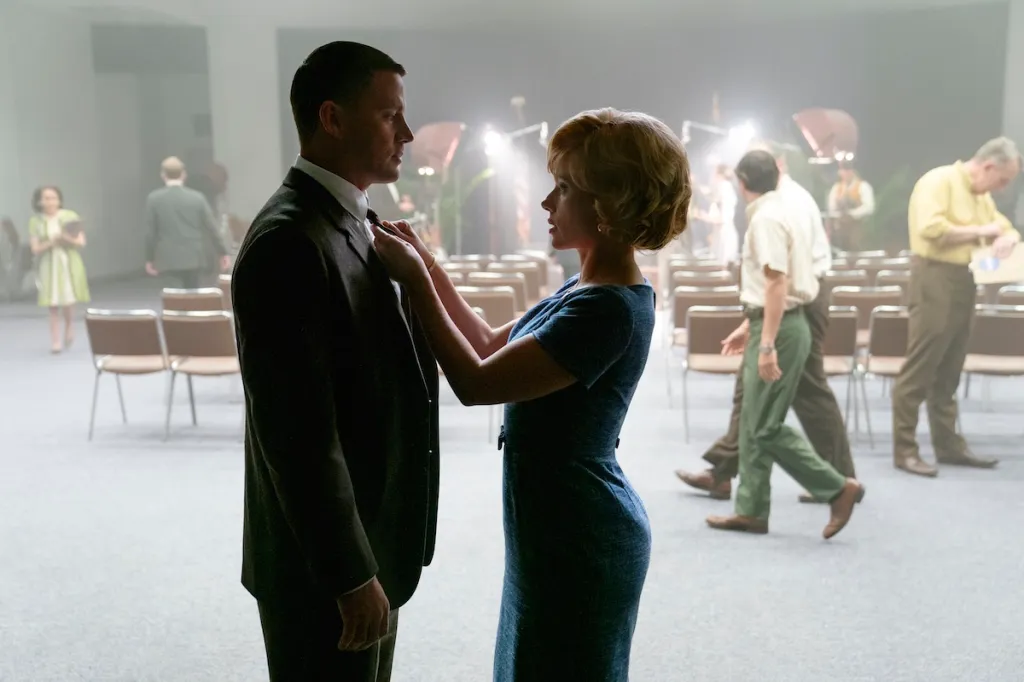
Still, Cole can’t deny his attraction to the opportunistic Kelly, who, right when she begins working at NASA, is getting employees to pretend to play Cole and his colleagues on TV, and swiftly gets major brands on board to support NASA.
It’s all about image and playing to people’s biases, which Cole initially refuses to go along with. Eventually, though, especially when convincing congresspeople to support the cause, he realizes Kelly’s way is the only way, while also falling for her for good measure.
Things are complicated when Moe insists Kelly film a fake version of the moon landing as a contingency plan should the actual mission not succeed. Realizing she has no choice, Kelly follows through, hiring the flamboyant director Lance Vespertine (Jim Rash) to helm the recording.
As the launch date nears and Kelly and Cole’s romance continues to develop, Kelly must choose between truth and lies, as America approaches an historical turning point, if only we’re allowed to see it.
Despite its star-studded fluffiness, “Fly Me to the Moon” aims higher than just being an old-fashioned rom-com. No matter how entertaining it is moment-to-moment, though, Berlanti’s film suffers an identity crisis, abruptly veering from goofy to somber and back again.
It fails to fully commit to any one style — remaining frustratingly half-baked, but never less than amiably enjoyable, as the 132-minute runtime chugs along.
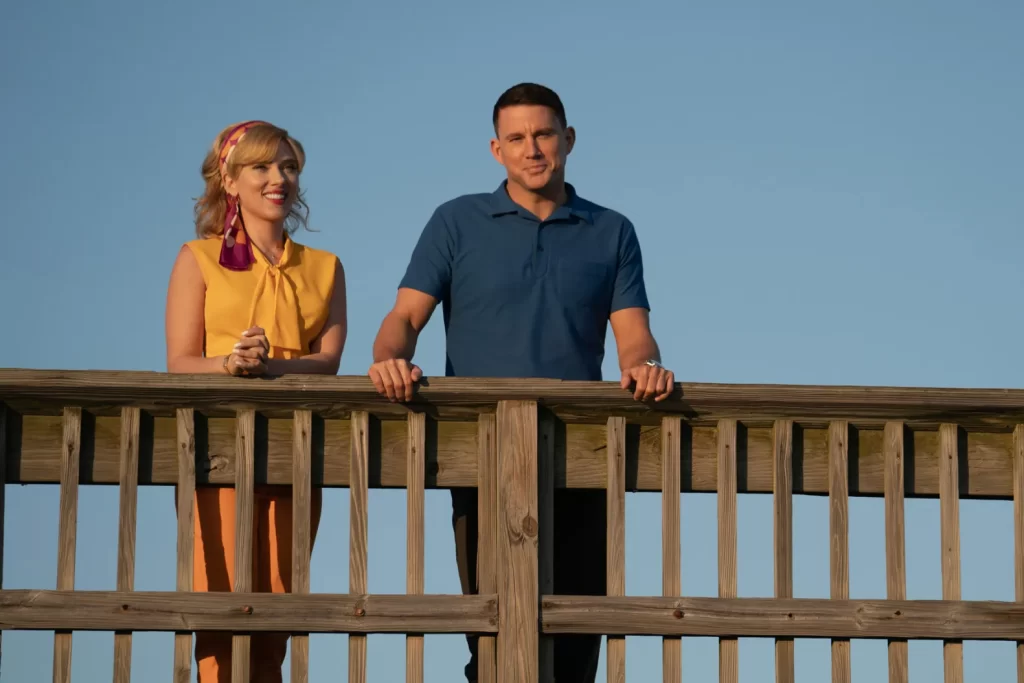
Still, “Fly Me to the Moon” has its charms. Johansson and Tatum’s alternately playful and combative dynamic is fun to watch. Johansson, fast-talking and able to sway minds with ease, convincingly lends Kelly both confidence and vulnerability, with eye-popping costuming and hairdos to match.
Johansson is ultimately the reason to see “Fly Me to the Moon” — her Kelly is a force to be reckoned with, and it’s satisfying to watch her play people and persuade them to believe the unbelievable, until she gradually becomes disillusioned with her own twisted, but highly successful, ethical code.
Tatum does well enough portraying the uptight, damaged Cole. His sometimes awkward screen presence is more of a benefit than a hindrance in Cole’s case. Johansson and Tatum have solid chemistry, and “Fly Me to the Moon” shines brightest when they’re allowed to verbally spar and bounce their competing ideologies off each other to chuckle-worthy effect via Rose Gilroy’s ambitious, uneven screenplay.
Indeed, Gilroy’s script aims higher than the traditional beats we expect from this genre. It twists tropes, and history, to convey some surprisingly prescient ideas about truth, nationalism, love, and scientific advancement within its enemies-to-lovers formula — packaging some timely takeaways alongside the usual heart-warming clichés we’ve come to expect.
However, not all the pieces Berlanti presents coalesce smoothly, leaving us with an experience that’s tonally all over the place, and neither as biting, poignant, or sexy as it could have been.
“Fly Me to the Moon” is at once a satirical comedy about the all-powerful nature of Spin, a family-friendly rom-com, and a sincere ode to the men and women who put us on the Moon (using the Apollo I tragedy as narrative fodder for Cole’s trauma and determination).
Characters run the gamut from flat-out cartoonish to sincerely grounded in reality, with Berlanti ultimately trying to prompt awe and appreciation for the bravery and hard work of those at NASA.
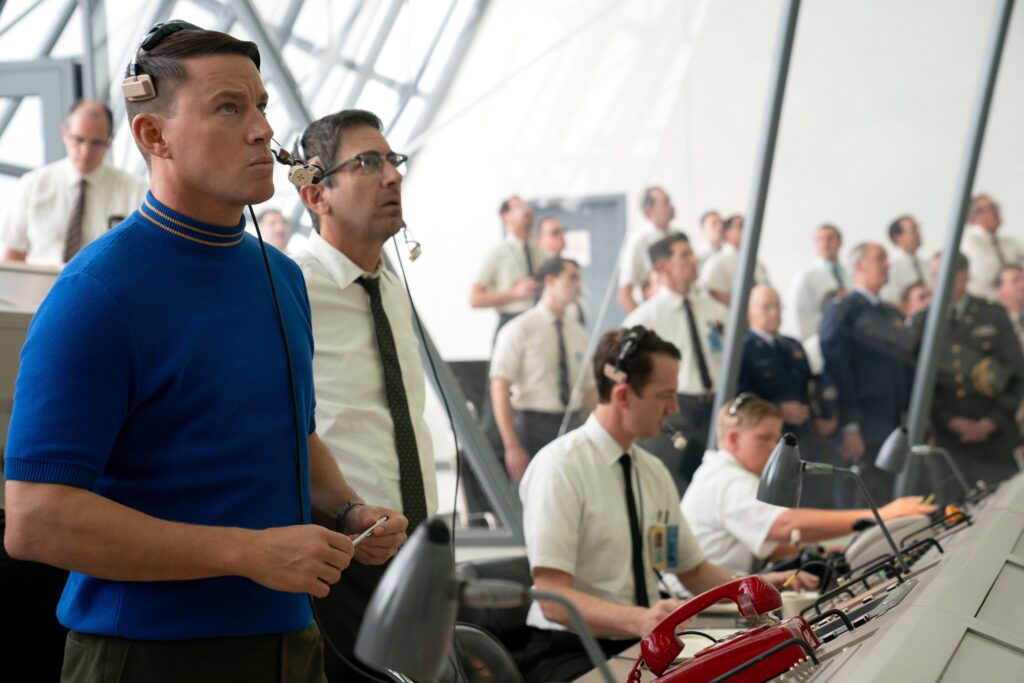
It’s all a bit much, with Berlanti’s direction showing hints of stylistic flair (including split screens and time-lapse editing), but otherwise remaining languid and conventional, along with editing by Harry Jierjian that lacks snappiness, leaving certain sequences — such as prepping for the staged moon landing — floundering without much momentum.
The production design is stellar, at least, capturing the time period with high attention-to-detail, and Dariusz Wolski’s cinematography is eye-catching, worthy of the big screen treatment.
The film’s jokes, including several references to Stanley Kubrick and a black cat that keeps disrupting proceedings, are amusing without being in any way surprising. Supporting players like Ray Romano, Donald Elise Watkins, Gene Jones, and Colin Jost (in a brief cameo playing a senator that needs convincing) are serviceable without being given enough screen time to fully shine.
Daniel Pemberton’s score, alternating between jazzy rhythms and soaring strings, does much of the heavy lifting in the third act, giving the requisite exposition dumps and “heartstring-tugging” sequences of human achievement some weight.
Clunky storytelling aside, though, “Fly Me to the Moon” fits the bill as a breezy, lightly enjoyable romp that’s at least trying to tackle something beyond itself. As current events have shown, presentation matters, but what’s truthful should matter even more — a call to common sense that the flawed yet well-intentioned “Fly Me to the Moon” hammers home, not to the stars, but to us on Earth.
“Fly Me to the Moon” is a 2024 comedy-drama directed by Greg Berlanti and starring Scarlett Johansson, Channing Tatum, Ray Romano, Jim Rash, Lisa Garcia, and Woody Harrelson. It is rated PG-13 for some strong language, and smoking, and the run time is 2 hours, 12 minutes. It opened in theatres July 12. Alex’s Grade: B-
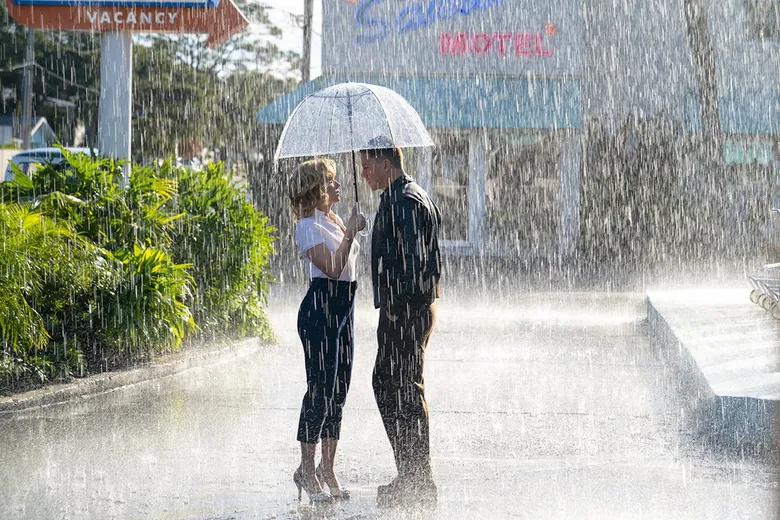
Alex McPherson is an unabashed pop culture nerd and a member of the St. Louis Film Critics Association.

